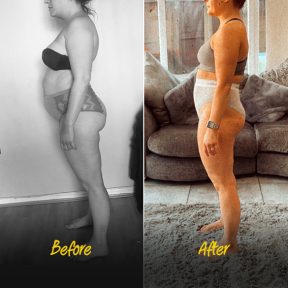Minimising Protein Breakdown During Training and Protein Intake Timing
When you have depleted muscle glycogen (converted from carbohydrates), protein is broken down. So during high intensity training lasting 1+ hours, protein can make up to a 15% contribution to energy needs.
When you have depleted muscle glycogen (converted from carbohydrates), protein is broken down. So during high intensity training lasting 1+ hours, protein can make up to a 15% contribution to energy needs. Always start your training with high muscle glycogen stores (eat the right carbohydrates); this will reduce the breakdown of protein during training.
If you do need to reduce your carbohydrate intake for weight or fat loss, do not reduce it too drastically because otherwise your body will begin using protein for energy, which will result in a reduction in its availability to help muscle growth.
The Timing of Protein Intake
This is important. Consuming 15-25g protein with carbohydrate enhances recovery and promotes muscle building. Studies have shown that muscles are most sensitive to amino acid uptake in the 2-hour post-exercise period (Anita Bean, Sports Nutrition, 2013). This is the time when muscle synthesis takes place at the fastest rate, so it is important to consume protein throughout the day at regular intervals. Experts recommend consuming 15-25g of protein with each main meal, as well as immediately after exercise, for athletes or regular exercisers (Phillips & Van Loon, 2011).
The best type of protein for after exercise are high quality milk proteins, and in particular whey, are the best types of protein to consume after exercise. Whey is a fast protein, which means it is digested and absorbed faster than slow proteins such as casein (Boirie et al, 1997). Whey has a high content of leucine, which results in greater muscle synthesis.




